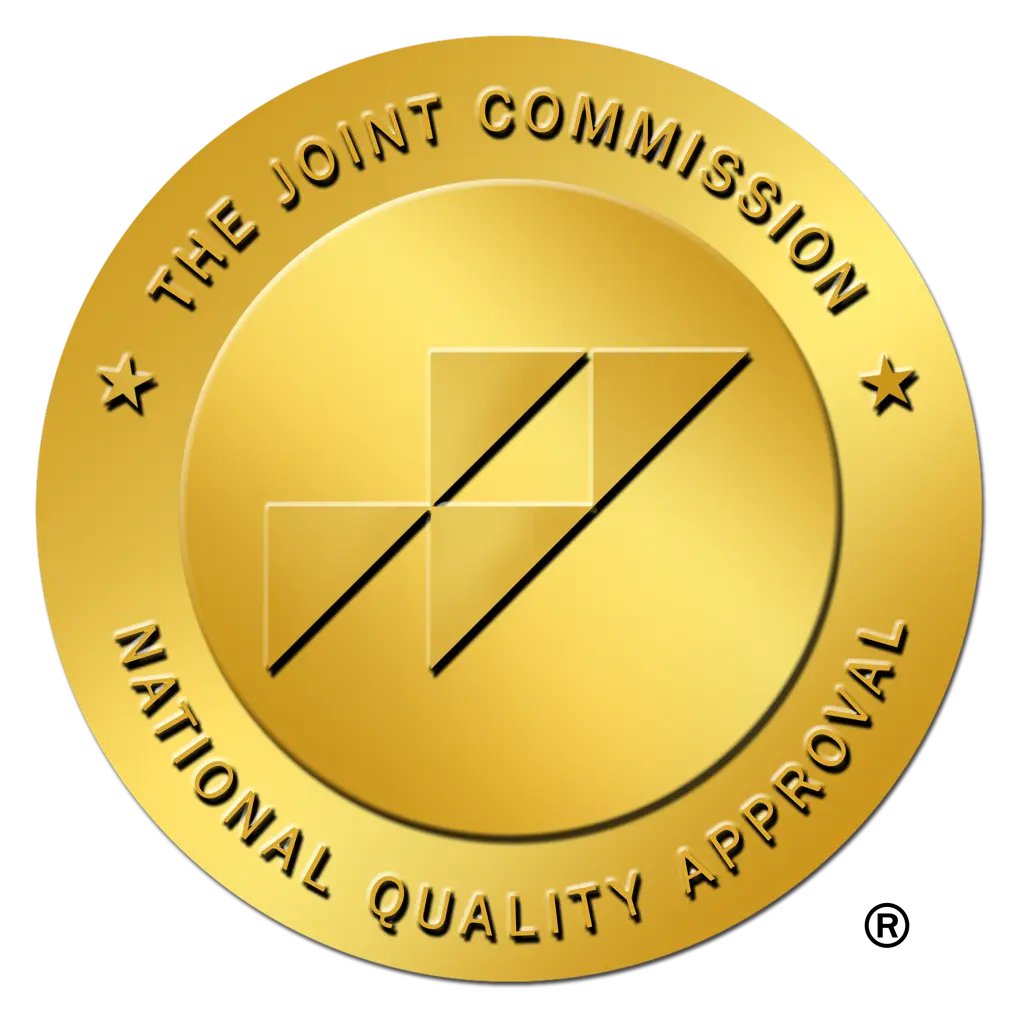Some people have a difficult time coping with anxiety. According to the National Institute of Mental Health (NIMH), “If your anxiety, or the anxiety of a loved one, starts to cause problems in everyday life—such as at school, at work, or with friends and family—it’s time to seek professional help.” Untreated issues like generalized anxiety disorder (GAD) have the potential to cause a mental health crisis. The mental health professionals at Alter San Diego Crisis Intervention provide crisis stabilization and treatment.
What Is Generalized Anxiety Disorder?
Everyone feels anxious sometimes. However, when that anxiety begins to interfere with everyday life, then it becomes a problem and can lead to the development of GAD and other anxiety disorders. According to the Centers for Disease Control and Prevention (CDC), GAD “is characterized by excessive worry that is difficult to control accompanied by physical symptoms including restlessness, being easily fatigued, difficulty concentrating, irritability, muscle tension, or sleep disturbance.” The CDC reported that over 84% of adults experience some form of anxiety within their lifetime. Generalized anxiety disorder is one of the most common global mental health issues, and treatments have been well established. If left untreated, the symptoms and side effects can lead to additional mental health issues.
Most people with GAD have co-occurring mental health or substance misuse issues that impact their recovery. Additional disorders sometimes affect the outcome of various treatment programs. You can work with your care team to determine how best to address any co-occurring disorder.
The most common co-occurring disorders include:
- Post-traumatic stress disorder (PTSD)
- Substance use disorder (SUD)
- Major depressive disorder (MDD)
- Bipolar Disorder (BPD)
- Panic disorder
Personalized treatment services like the ones at Alter San Diego Crisis Intervention provide essential relief, emotion stabilization, and skill development to decrease your risk of experiencing a mental health crisis.
Possible Risk Factors
Many factors contribute to the development of anxiety disorders like GAD, including:
- Genetics
- Environmental factors
- Childhood trauma, abuse, and neglect
- Domestic abuse
- Chronic stress
- Workplace harassment
- Witnessing or experiencing a distressing event
- Severe illness, injury, or accident
- The death of a loved one
- Relationship issues
Anxiety is highly subjective, meaning that almost any situation or thought can cause anxiety or extreme emotional distress. In addition, anyone can potentially develop anxiety and related co-occurring disorders. People with strong support systems and coping skills often have an easier time overcoming anxiety and coping with stress, lowering their risk of being diagnosed with GAD.
Signs and Symptoms of GAD
The warning signs of GAD can look very similar to other mental health disorders and chronic stress, making it more difficult to recognize. Some of the most common signs of GAD include:
- Difficulty focusing
- Muscle aches
- Hypervigilance
- Excessive fear and worry
- Sleep disturbances
- Heart palpitations
- Isolating behaviors
- Unusual irritation or angry outbursts
- Depressive episodes
People often feel overwhelmed when experiencing generalized anxiety disorder, which can lead to risk-taking and self-harming behaviors. If you believe that you or someone you love has an anxiety disorder, reach out to a medical professional for help. Early diagnosis, intervention, and treatment often provide the best outcomes for people struggling with anxiety disorders.
Can GAD Cause a Mental Health Crisis?
Generalized anxiety disorder can cause a mental health crisis if left untreated over a long period of time. Every new stressor or trauma adds to the emotional distress until the person feels completely overwhelmed and unable to function. However, early intervention and treatment can help you avoid the worst symptoms and reduce your risk of experiencing a crisis.
A few ways GAD can lead to extreme emotional distress include the following:
- Decreased stress tolerance
- Difficulty remaining productive at work or school
- Tension within personal and professional relationships
- Extreme fear, depression, and a sense of helplessness
- Anxiety becoming the center focus, making it difficult to maintain physical health and self-care
You can avoid these issues by getting help as soon as you start to feel symptoms of anxiety. An official diagnosis is essential to ensure individuals struggling with anxiety get the right treatment. Alter San Diego Crisis Intervention uses comprehensive assessments and screening tools to diagnose potential clients and create a tailored care plan.
How to Get Help Today
You do not have to struggle with a potential mental health crisis on your own. The dedicated professionals at Alter San Diego Crisis Intervention can give you the resources you need to achieve and maintain emotional stability and positive mental health.
In most cases, clients require simultaneous treatment for GAD and any co-occurring disorders. You can find resources by using the following:
- Online forums and directories
- Community-based support services
- Private treatment facilities
- Attending peer-led self-help groups
You may wonder if treatment can really help you cope with anxiety and panic. The programs we offer will ensure you have access to resources and skills development to protect you from the possible side effects of GAD.
A mental health crisis can happen to anyone. However, there are steps you can take to avoid or manage a potential mental health crisis caused by GAD or other untreated disorders. Early intervention and treatment provide the best outcome for most people. If you are worried about your mental health, you can get a clinical assessment to determine if you have a disorder like GAD. Alter San Diego Crisis Intervention uses personalized treatment to help clients recover from GAD and cope with everyday stressors. Our care team can help you learn healthy ways to manage your anxiety and heal from the effects of anxiety. To learn more about our programs, call us at (866) 986-1481.

